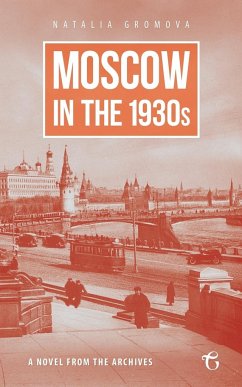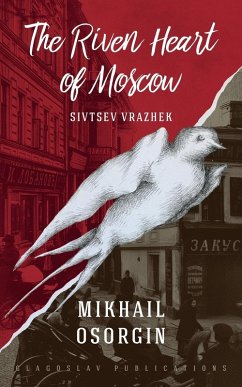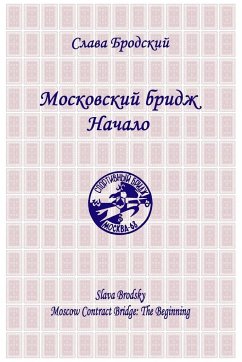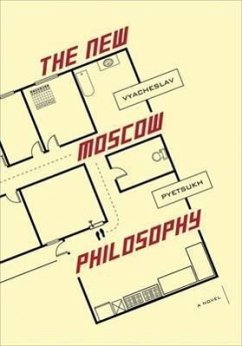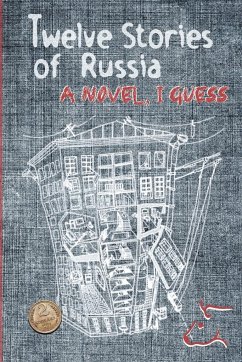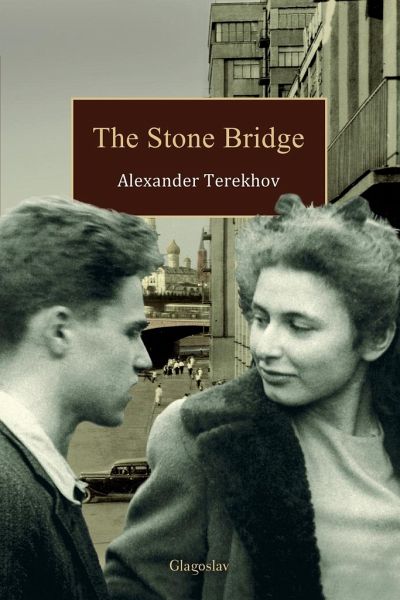
The Stone Bridge

PAYBACK Punkte
14 °P sammeln!
On June 3, 1943 at the Stone Bridge in Moscow a tragedy took place that shocked the political elite of that time and became the starting point of an investigation into other historical and political facts. Nina Umanskaya, the beautiful 14-year-old daughter of a Soviet diplomat, was murdered by her classmate and admirer, Volodya Shakhurin, son of a People's Commissar. After that the young man shot himself. The Stone Bridge by Alexander Terekhov is a detailed historical reconstruction of the Stalinist era as seen through one man's seven-year investigation into the case of the 'wolves' cubs' - a ...
On June 3, 1943 at the Stone Bridge in Moscow a tragedy took place that shocked the political elite of that time and became the starting point of an investigation into other historical and political facts. Nina Umanskaya, the beautiful 14-year-old daughter of a Soviet diplomat, was murdered by her classmate and admirer, Volodya Shakhurin, son of a People's Commissar. After that the young man shot himself. The Stone Bridge by Alexander Terekhov is a detailed historical reconstruction of the Stalinist era as seen through one man's seven-year investigation into the case of the 'wolves' cubs' - a Nazi-inspired secret society inside an elite Kremlin school. Based on a true story, The Stone Bridge resurrects actual historical figures and brings to light official documents from NKVD case files. The book shines the spotlight on a past with which the country has never properly come to terms, and which therefore - tragically - has a poisonous effect on present-day Russia. This English edition of the novel features unique historical photographs, including archive documents previously forbidden for publication.






